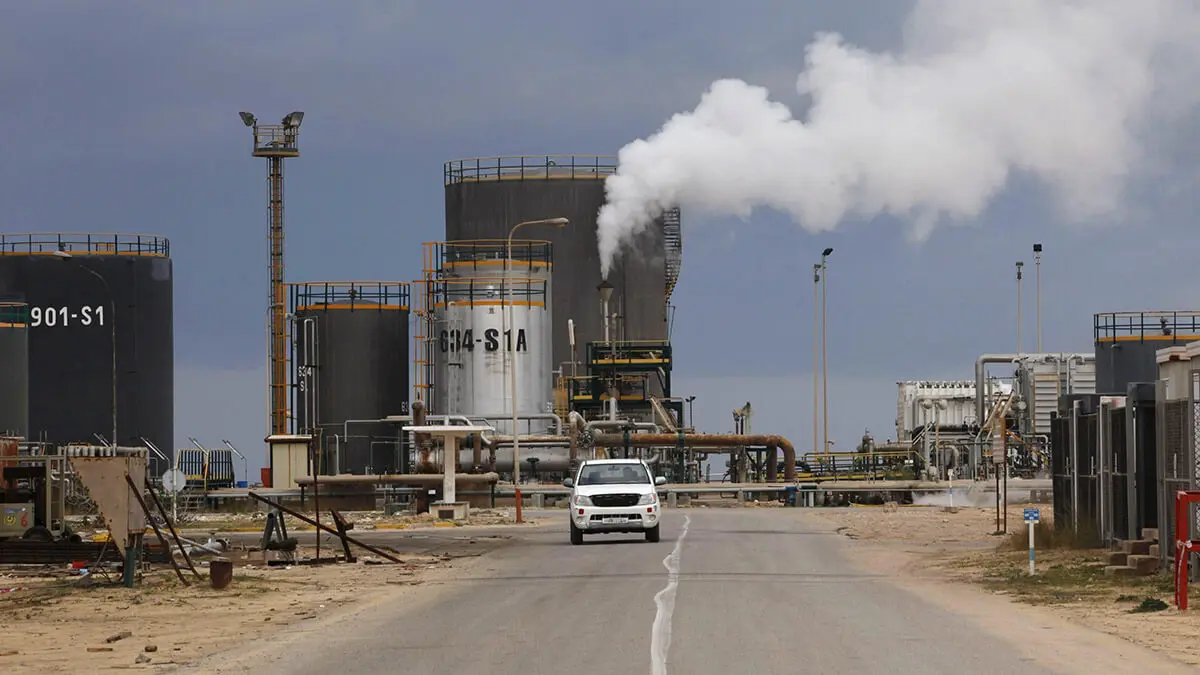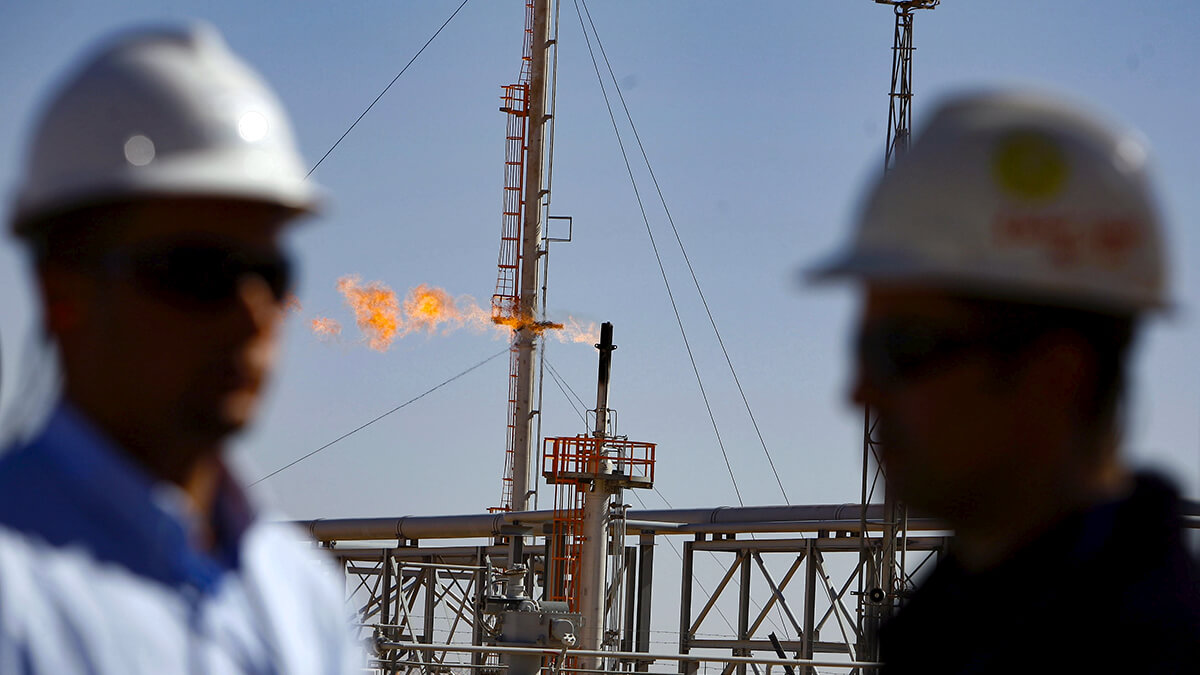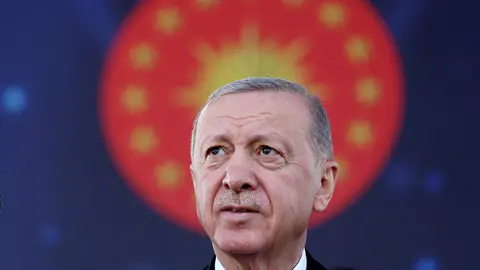Syria begins process to increase electricity and fuel production

The Syrian authorities have begun work on implementing measures to rehabilitate the infrastructure of refineries, pipelines, stations and electricity grids in order to increase fuel and electricity production. However, this effort requires investments of millions of dollars.
For years, Syrian citizens have faced extensive electricity rationing, exceeding 20 hours a day, as a result of shortages of fuel and gas essential to the operation of power plants.
Since its outbreak in 2011, the war has devastated Syria's energy and electricity sectors. On the one hand, major oil and gas fields have been taken out of control by the authorities, and on the other, generating stations and pipelines have been severely damaged by the fighting.
In addition, economic sanctions imposed by the West during the regime of ousted President Bashar al-Assad have blocked regular access of oil tankers to the country, limited to only a few shipments from Iran, which are not sufficient to cover the needs of the local market.
The authorities have started the rehabilitation of the Baniyas refinery, Syria's largest oil refining facility, after its operations were suspended due to the disruption of crude oil supplies from Iran, which accounted for the bulk of the country's oil imports.
Ibrahim Muslim, director of the refinery, confirmed to Bloomberg Al-Sharq that repair work has been carried out at the facility with the aim of reactivating it and increasing its production capacity from the current 90,000 barrels per day to 110,000 barrels per day.
This refinery is one of the two key refineries for the Syrian authorities in supplying local demand, given that the capacity of the Homs refinery is approximately 100,000 barrels per day. The Baniyas facility produced its last batch of oil derivatives on 13 December, just five days after the fall of the Bashar al-Assad regime.

Muslim explained that the refinery is currently ready to resume refining as soon as crude oil shipments arrive. However, he noted that preparations are underway to complete a comprehensive maintenance operation in the latter part of this year, which will significantly increase its operational capacity.
In addition, lines carrying crude oil from Syrian fields in the east of the country require repairs before they can resume transporting oil once the fields start producing again.
The war devastated the fossil fuel sector as a result of the general economic collapse, making Syria a net energy importer. Today, the country relies on imports to cover 95% of its oil needs.
According to Muslim, the return of crude oil production in Syria will ensure a stable supply to the refinery, which will facilitate the continued production of various derivatives, such as domestic gas, gasoline, diesel and others.

Meanwhile, the Minister of Petroleum and Mineral Resources, Ghiyath Diab, announced on Monday the launch of public tenders for the purchase of oil and its derivatives, according to the official Syrian news agency. The aim, he said, is to ‘achieve efficiency in imports and provide a competitive environment in the energy sector, characterised by transparency and trust for all’.
Current officials attribute the refinery's deterioration to the sanctions imposed on the country, which have hindered the supply of spare parts and raw materials essential to its operation, jeopardising its functioning and making it vulnerable to possible breakdowns.
From the outbreak of unrest to the fall of the Assad regime, Syria lost a large number of its power facilities. Before 2011, power production was around 6,000 megawatts, compared to the 9,000 megawatts the country needed.

The Tartus governorate power company is currently carrying out maintenance and rehabilitation work on the grid, with the aim of increasing the hours of service availability. According to its general manager, Muhammad Al-Diri, it is expected that by next April, electricity service in the country will be able to exceed the current two hours a day.
Earlier this month, Turkey and Qatar sent two electricity-generating ships to Syria with a total capacity of 800 megawatts, which is about half of the country's current output.
The two ships would help increase the per capita share of electricity by about 50%, according to Khaled Abudi, director general of the General Electricity Transmission and Distribution Corporation.










